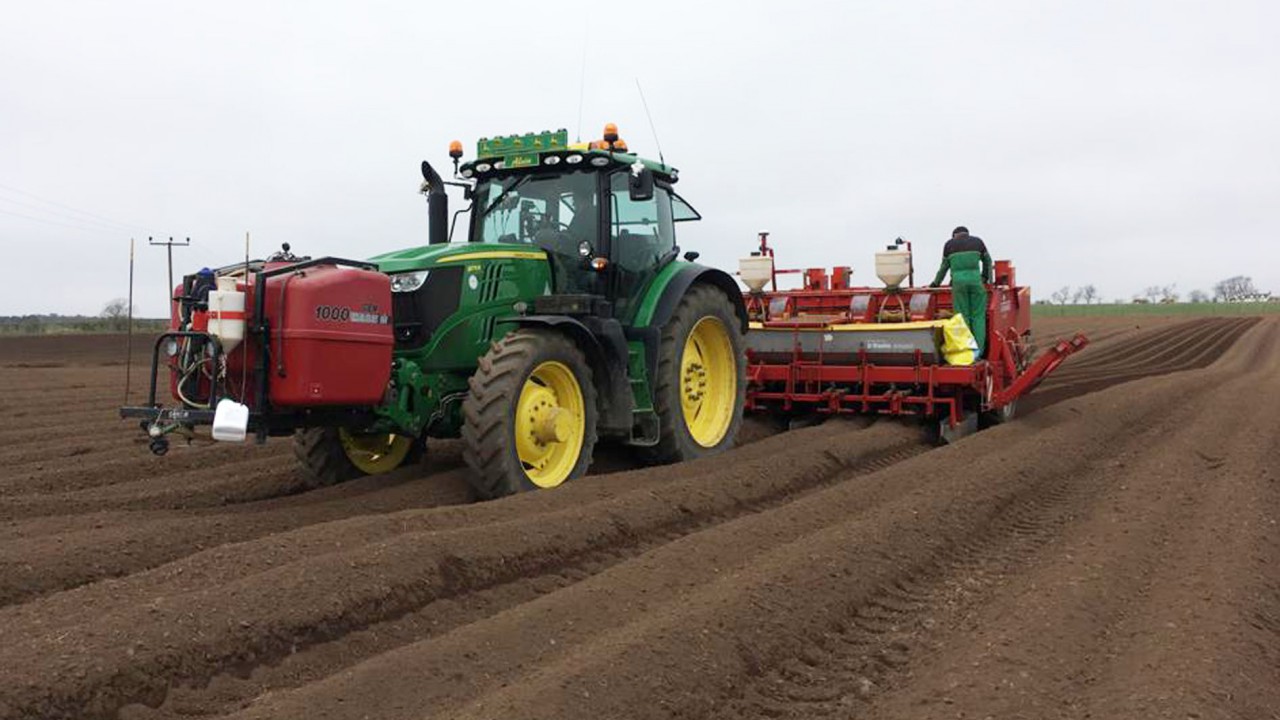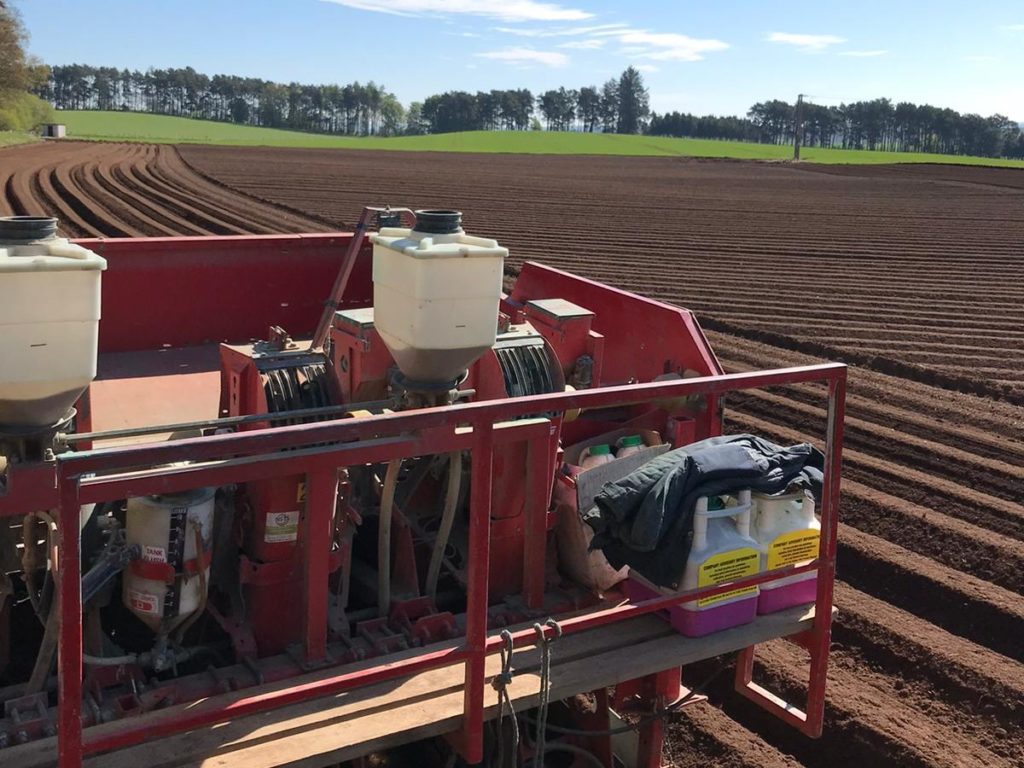The UK’s largest lowland estate has struck a deal with a precision farming firm to reduce food waste in the production stages.
Elveden, a world-class producer and purveyor of local and regional food excellence, has announced a new partnership with Angus-based precision farming firm SoilEssentials.
The 22,500ac country estate includes over 10,000ac of farmland – thought to be the largest ring-fenced arable farm in lowland Britain.
The estate is part of the larger farming portfolio including three other sites farmed under separate farming agreements, bring the farmed area to over 19,000ac.
The land is all managed with a keen eye on environmental and sustainable targets, working in harmony with their farming practices.
It will work with SoilEssentials to use potato growth modelling software Tuberzone and Tuberzone CropCast to better manage crops for optimum size distribution and crop value, therefore, reducing food waste.
The software will allow Elveden to predict potato crop yields, size distribution and crop value weekly through the season.
SoilEssentials developed the products over five years with the help of The James Hutton Institute and through an InnovateUK project, Tuberzone. The model has now run from China to the USA, from Scotland to New Zealand successfully.
‘A never-ending quest for knowledge’
The land at Elveden was transformed for agricultural use in 1927 by Rupert Guinness, the great-great-grandson of Arthur Guinness (founder of the Guinness brewery).
The field layout he implemented is still virtually identical today, with large fields of up to 100ac in size that are well-suited to today’s powerful machinery.
The farm specialises in the production of vegetables, especially potatoes, onions, carrots, and parsnips., and round 6% of the UK’s onions are grown at Elveden.
Cereals such as rye, barley and wheat are also grown to balance the rotation, ensuring their soils remain fertile and productive for generations to come.
Andrew Francis, farms director from Elveden added: “We have a never-ending quest for knowledge improvement which is key to our business goals of not being satisfied with how we produce food today.
We must embed best practice in everything we do, but we must also use knowledge, technology and innovation to look forward to doing a better job tomorrow.
“Partnerships with companies such as SoilEssentials and organisations like the Agri-EPI Centre are key to helping us learn more and learn faster.”
SoilEssentials and Elveden will also work together, along with Agri-EPI Centre on other projects to improve sustainable production.


